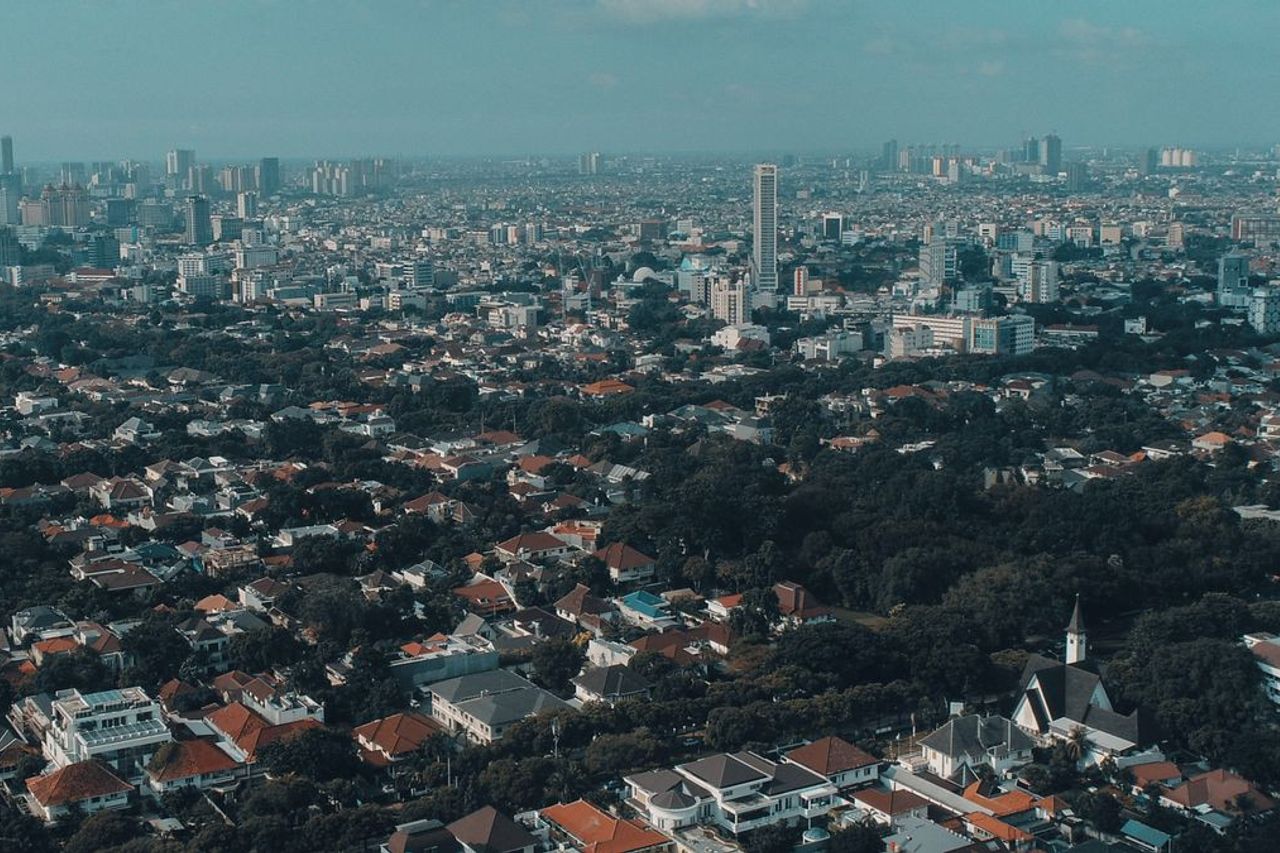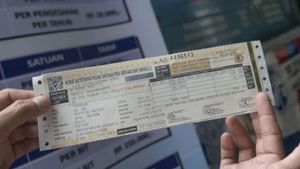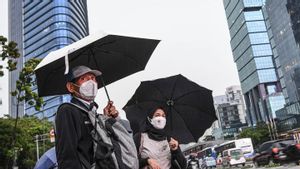29 Million Poor Families Have Been Assisted By The COVID-19 Pandemic Recovery Program

JAKARTA - The government, through the Head of the National Economic Recovery and Transformation Task Force, Budi Gunadi Sadikin, said that he has helped millions of poor people in Indonesia through three programs, namely the Hope Family, Basic Food Cards, and Cash Social Assistance. The provision of assistance is the government's effort to restore the economy of people affected by the COVID-19 pandemic.
"So there are 29 million poorest families in Indonesia for the Family Hope, Staple Food Cards and Cash Social Assistance programs, or if 4 times it becomes 118 million poorest people in Indonesia (who have been assisted)," Budi said in an FMB9 discussion broadcast online, Saturday, August 15th.
In addition, Budi also detailed the government programs one by one. For the Family Hope program, it is given to 10 million poor families or if converted into 40 million poor people in Indonesia.
For this program, the government has budgeted Rp37.4 trillion in funds. Around IDR 27 trillion has been distributed to the public. "This Family of Hope assistance ranges from Rp. 800 thousand to Rp. 1.2 million per month," he said
Then, the next program is the basic food card. This program is distributed to 80 million poor people throughout Indonesia with a budget ceiling of IDR 43.6 trillion.
In the distribution, said Budi, around Rp. 26 trillion has been distributed to the poor. In fact, those who received assistance from the Harapan Family also received basic food cards.
"Approximately 80 million people (food card assistance recipients) are included in the first one? Yes, so this also includes people in the first program, the family hope program," he said.
Finally, the Cash Social Assistance program. This program is not much different from other assistance but is more focused on being received by the community who was first affected by COVID-19.
The budget ceiling that has been prepared is IDR 39.2 trillion with a target of distributing aid to 10.9 million people. "With the social assistance provided to the people in the Greater Jakarta and non-Jabodetabek areas for the first time after being affected," said Budi.


